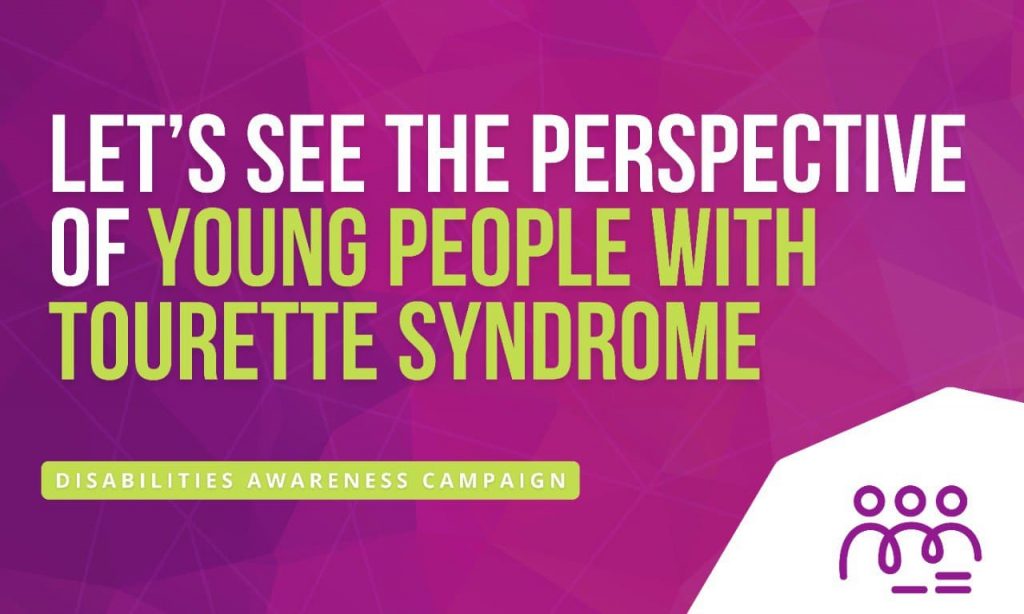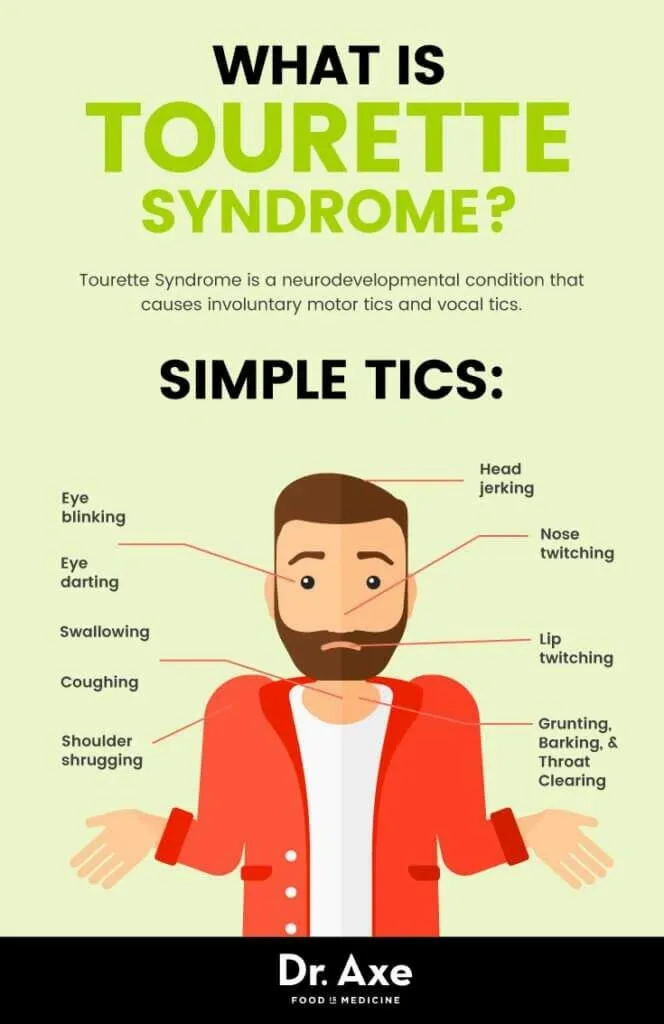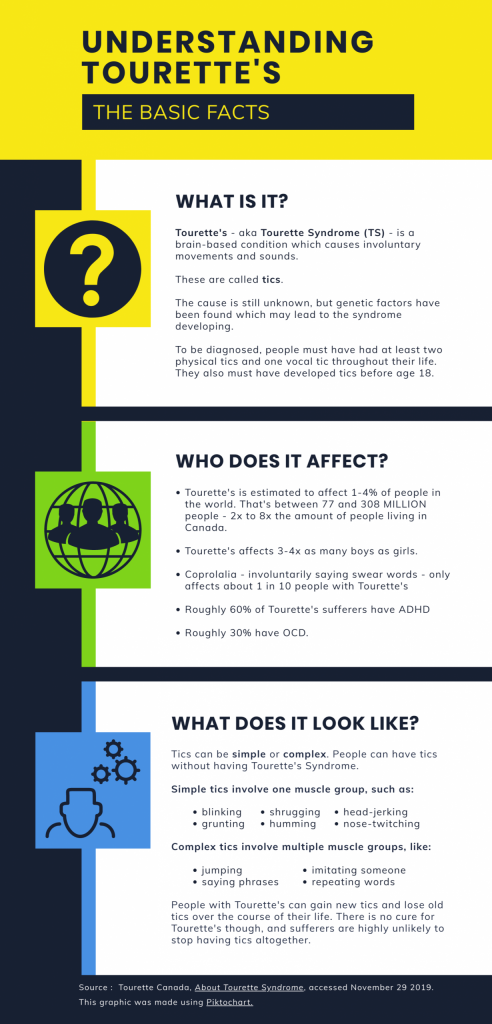On the occasion of Tourettes Awareness Day on 7th June and as a part of “Disability Awareness Campaign ”, Social Equity Working Group of AEGEE Europe decided to raise the awareness of challenges that young people with Tourette Syndrome tackle on a daily basis through interview with one of the members of European organization that focuses on Tourette syndrome, European Society for the Study of Tourette Syndrome (ESSTS). We are presenting you with an interview with expert interview partner Dr. Nanette Mol Debes, board member & Vice-Chair of ESSTS.
Nanette Mol Debes is working as a neuro-pediatrician (combined research and clinical position) at the paediatric department, Herlev University Hospital in Denmark and clinical associate professor at the University of Copenhagen. She graduated from Katholieke Universiteit Nijmegen (Holland) in 2002. In 2009, she finished her PhD study “Tourette syndrome and co-morbidity – Diagnostic process and impact of psychosocial consequences, severity of tics, pharmacological treatment, and intelligence” (University of Copenhagen). In 2014, she finished her medical specialization in paediatrics, and in 2017 the sub specialisation in neuropediatrics. She is currently leading several scientific research projects on Tourette syndrome, paediatric headache, sleeping disorders in children and adolescents, post-streptococcal neuropsychiatric disorders, cerebral palsy, and epilepsy in children and adolescents.

If you need to define Tourette syndrome, how would you simply describe it?
A condition with at least two motor and one vocal tic, persisting for more than one year and starting in early childhood, most typically between age 5-7 years.
What is important, in your opinion, for people to know about young people with Tourette syndrome?
Tics are not dangerous, and, in most patients, tics decline with age. Only a minority of the patients do have coprolalia (e.g. swear words), although that is what usually is depicted in the media. There is a lot of focus on tics and Tourette syndrome on social media, although many of these influencers do not have tics at all as seen in Tourette syndrome.

Do you think that people should be more aware of this condition, which is also considered a neurological disability? If so, how and in which (professional, personal, social) areas?
Tourette syndrome is often underrecognized and underdiagnosed and the delay between onset of symptoms and diagnosis can be long. On the other hand, there is a substantial number of people who are not bothered by their tics at all and they do not need to seek medical attention.
Do you think young people tell their condition to other people in their community? Do they talk openly about that topic?
Most young people will probably be advised to talk about their condition in their community to prevent social misunderstandings. During the last year, there has been an enormous increase in people on social media, who claim to have tics or Tourette syndrome, but actually do have functional tic-like symptoms. For these influencers, Tourette syndrome has become a big part of their life and identity, and some young people with Tourette syndrome feel attracted to these influencers and feel to be a part of an interesting online community. It is very important to distinguish these functional tic- and Tourette-like behaviors from tics as seen in Tourette syndrome, since both the cause and the treatment are different.
Do you feel that young people feel supported and understood in their community in regards to their condition?
It is important that young people learn about their diagnosis, so both themselves and their surroundings will have a greater knowledge about their condition and how to cope with it in daily life. Most persons with tics feel understood in their community.

How does this disorder affect their lives and daily activities – what challenges do young people face?
Most patients with tics can live a very normal life despite their tics. Tics normally decline with age and many young people learn to suppress their tics in certain circumstances, so they are not bothered by their tics in daily activities.
Have the pandemic (and lockdown) affected and still affect their lives? If so, in what way?
In several countries in Europe, USA and Canada, a significant increase in young (mostly female) people with functional tic-like symptoms has been seen during the pandemic and lockdown. This might be due to psychosocial stress caused by lockdown and pandemic, and due to the increased focus on (functional) tics on social media.
It is very important for these young persons to be diagnosed correctly in order for them to get the right support and treatment. Regarding Tourette syndrome, tics often increase during stress. Hence, the pandemic may have increased tics in those people with Tourette syndrome who felt stressed. However, some children enjoyed home schooling and their tics may have decreased.
Do you believe that young people with Tourette syndrome are integrated into the school / work environment? Do you think they face any kind of discrimination based on their condition (in public places, at school / university, in the workplace)? If yes, please share how.
Most people with Tourette syndrome do not face any troubles integrating into the work/school environment.
Do you think that the government of your country, or the country in which you currently live, has a good response and strategy for the inclusion and integration of people with neurological disability? Why yes/no?
The government ensures people with neurological disabilities get the support they need.
What are your hopes, fears, or expectations for the future?
It is important to be aware of the condition Tourette syndrome that often is underdiagnosed and underrecognized. On the other hand, a wrong image of Tourette syndrome is often created on social media. It is important to diagnose Tourette syndrome correctly in order to help young people with tics in the right way.

